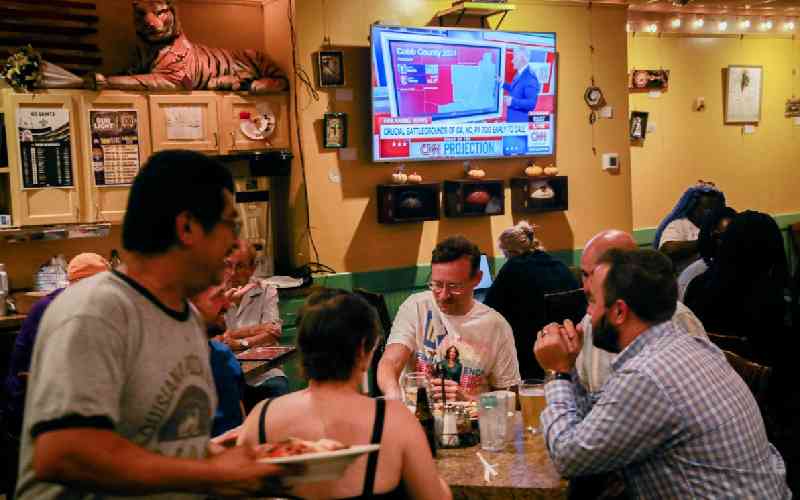×
The Standard e-Paper
Fearless, Trusted News

Republicans flipped a US Senate seat from the Democrats in the deeply conservative state of West Virginia Tuesday as they fought for control of Congress in elections that will determine how much of the next president's agenda gets enacted.
Jim Justice, the sitting governor of the Mountain State, had been widely expected to best former mayor Glenn Elliott in the race to replace retiring moderate Joe Manchin, an independent who voted with the Democrats.